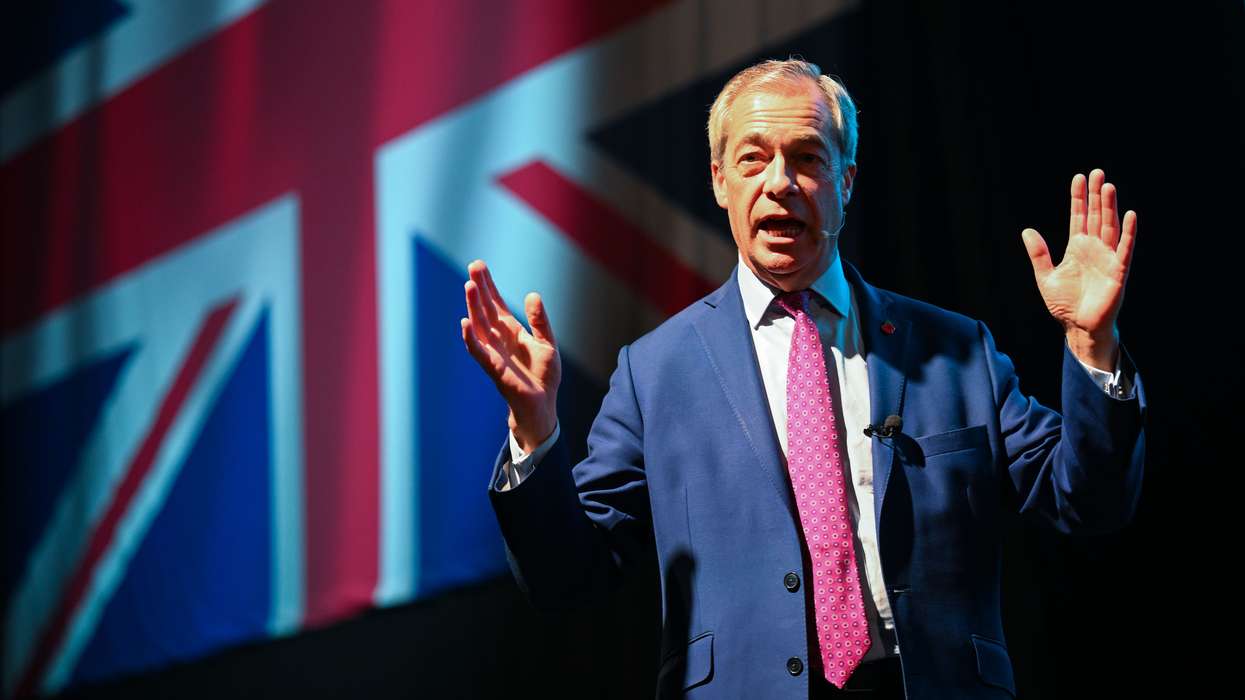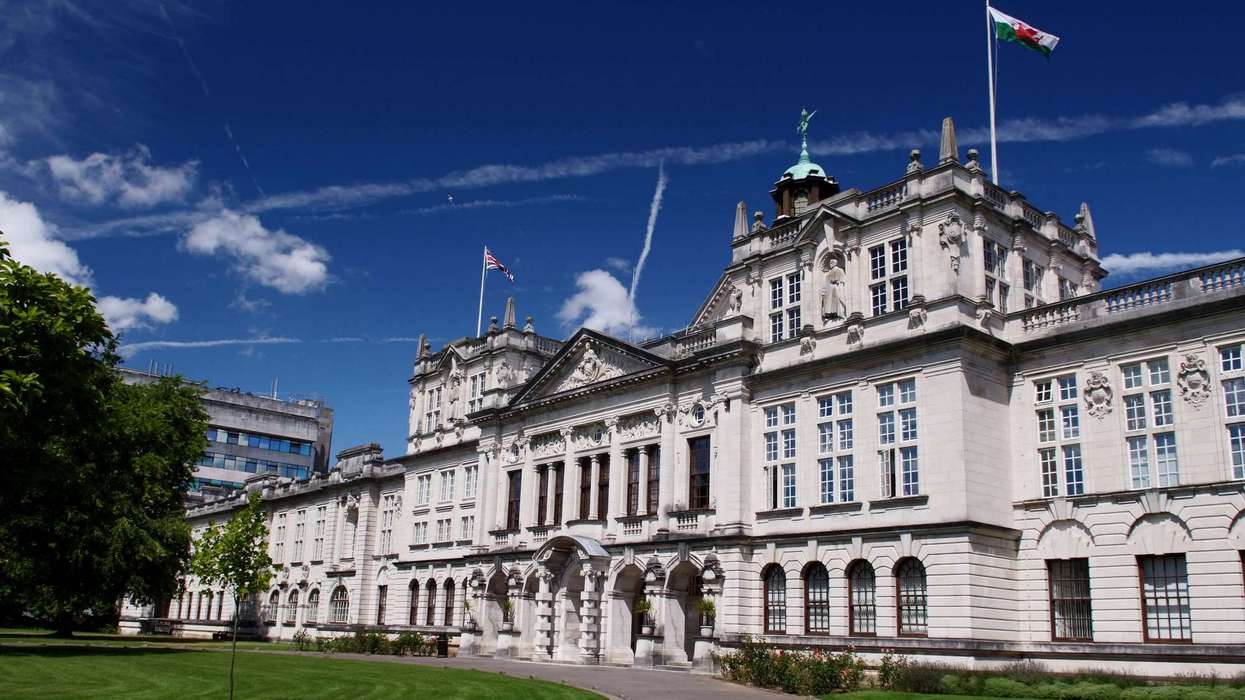AT LEAST 10 per cent of the UK’s non-domiciled residents have left the country following recent changes to tax rules, according to a report by Chris Walker, a former Treasury economist.
The report, based on 2024 data from Henley & Partners on London’s millionaire population, was commissioned by entrepreneur Andrew Barclay and published by the Onward think tank.
The exodus comes after the Labour government scrapped the centuries-old non-dom regime and extended the 40 per cent inheritance tax to overseas assets. The changes go beyond proposals made by the previous Conservative government.
The reforms, along with higher capital gains tax and stricter rules on private equity investments announced last year by chancellor Rachel Reeves, have led to departures by wealthy individuals including Shravin Bharti Mittal, Nassef Sawiris, and Richard Gnodde.
The Treasury said the UK remains attractive, adding, “Our main capital gains tax rate is lower than any other G7 European country and our new residence-based regime is simpler and more attractive than the previous one.”
Walker estimated 26,000 non-doms have left in 2024. Charlie Sosna of Mishcon de Reya said, “That figure will only get bigger.” Walker’s report warned the reforms may have gone too far and suggested policy adjustments.





